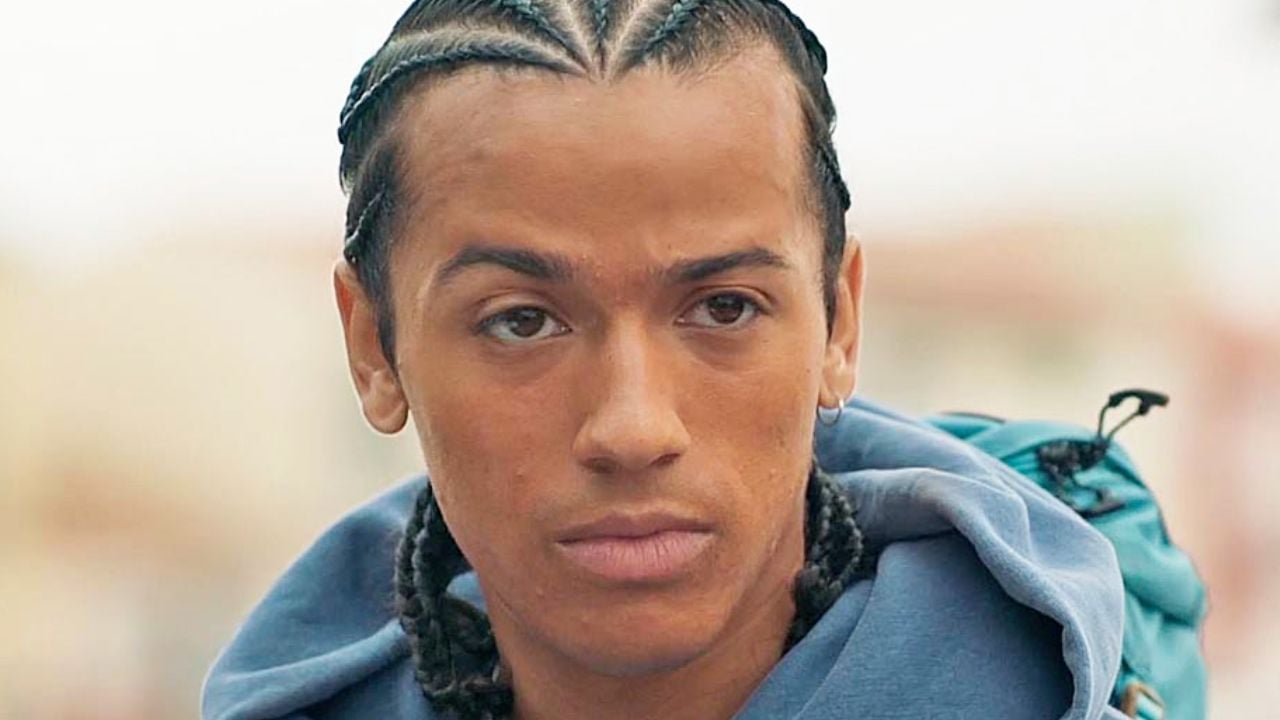Policies that guarantee the protection of children from hunger and violence and that make cognitive potential real are conditions for the country’s development
Public policies that guarantee that children up to 6 years of age are protected from hunger and violence and that make their cognitive, physical and emotional potential real are conditions for the country’s development and social justice. However, the absence of an integrated national policy for early childhood – which organizes, enhances and expands the actions of the federal government, states and municipalities and is effective in the cradle of inequality – has been an invisible obstacle for Brazil that we know is possible.
This month, the Working Group for Children, which is part of the so-called “Conselhão”, presented the contours of this policy to the President of the Republic, giving sequence and materiality to article 227 of the Federal Constitution (which deals with fundamental rights of children as an absolute priority), Statute of childhood and adolescence and the early childhood framework.
We recommend that the first version of the policy (as it should be frequently evaluated and improved) be based on a single register of children in this age group, combining data on their developmental indicators and registers of health care, education, care, culture, sports, security, food safety and other fields.
It is essential, for any policy that intends to integrate, that each child is known by the public authorities in the different dimensions of care.
Hence the implementation of two paths of integrated services: execution of protocols that combine services in existing spaces, such as vaccinations in nursery schools, healthy nutrition and parenting guidance in libraries or public squares; and the expansion of successful experiences of public facilities designed with the aim of integrating different services.
Yes, there are already successful public policies along these lines spread across the country, in places like Ceará, Recife and other cities. And we are learning from them.
Finally, digital government. Putting child care history and documents in the palm of mothers’ and families’ hands – including different types of personal data and documents, such as access to healthcare and education, among many others – through one application by mobile phone that could simplify the life of those who care for the child, at the same time nurturing and strengthening the unique registry of early childhood.
The three parts of the policy (single registration, integrated services and monitoring application) are umbilically linked and form a system of attention and care.
There is still much to do. The main thing now is that the federal government really prioritizes our children.
* Priscila Cruz is executive president of Todos Pela Educação
Source: Terra
Rose James is a Gossipify movie and series reviewer known for her in-depth analysis and unique perspective on the latest releases. With a background in film studies, she provides engaging and informative reviews, and keeps readers up to date with industry trends and emerging talents.







